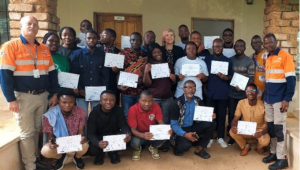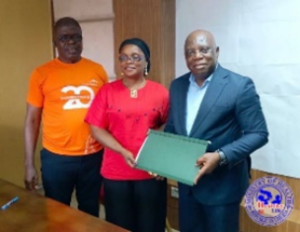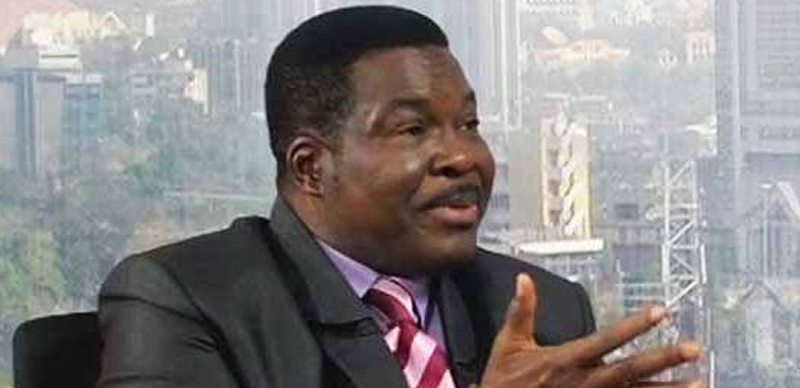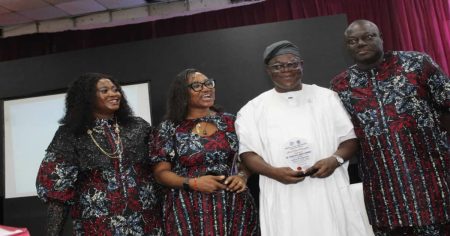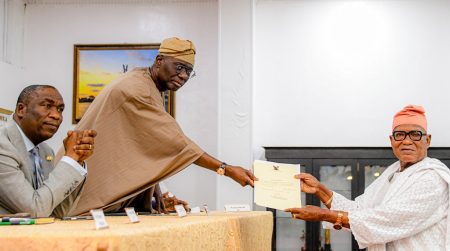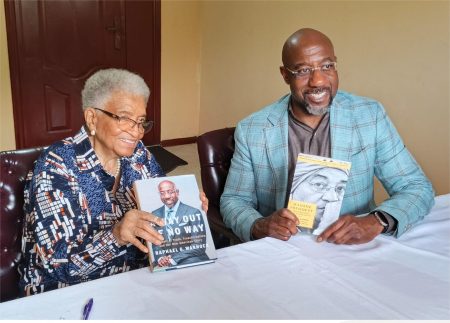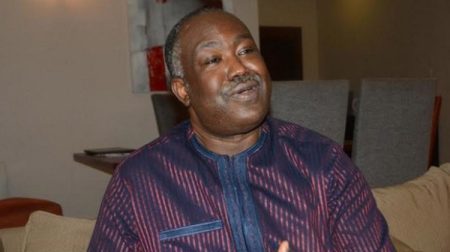The Imperative of Separating the Office of the Attorney General from the Minister of Justice in Nigeria
Professor Mike Ozekhome, a Senior Advocate of Nigeria (SAN), has forcefully advocated for the separation of the office of the Attorney General of the Federation (AGF) from that of the Minister of Justice. He argues that the current conflation of these roles compromises the impartiality of the AGF, hindering the effective delivery of justice in Nigeria. Ministers, being political appointees, are inherently subject to partisan influences. The AGF, as the Chief Law Officer, should be insulated from such political pressures to uphold the rule of law and ensure unbiased application of legal principles. This separation would allow the AGF to act as an independent guardian of the legal system, prioritizing the interests of the Federation over the political agendas of any particular administration.
Ozekhome’s concerns stem from recent actions of the AGF regarding the disbursement of local government allocations in Osun State. Following a High Court ruling that nullified the elections of All Progressives Congress (APC) council officials, the AGF directed funds to these officials despite their legal dismissal. Ozekhome contends this action demonstrates the AGF’s susceptibility to political influence, undermining judicial pronouncements and threatening the integrity of the legal system. He invokes the 2004 Supreme Court ruling in the case between Lagos State and the federal government, which affirmed the federal government’s inability to withhold funds meant for local governments. Ozekhome argues that the AGF’s actions contradict this established legal precedent, highlighting the need for an AGF independent of political pressures. He further emphasizes the AGF’s responsibility to provide sound legal counsel to the President, advocating for resignation if such advice is disregarded.
Ozekhome’s call transcends the immediate issue of the AGF’s role. He links it to broader concerns about governance and constitutional reform. He argues that piecemeal amendments cannot rectify the fundamental flaws of the current constitution, which he considers a product of military rule lacking popular legitimacy. Ozekhome advocates for a comprehensive constitutional overhaul based on popular sovereignty, reflecting the will of the Nigerian people. He further emphasizes Nigeria’s responsibility to provide leadership within Africa, urging the country to move beyond its symbolic size and embrace its potential as a continental leader. Recalling the historical exploitation of Africa during the Berlin Conference, he cites the African Continental Free Trade Area as a positive step towards African unity and prosperity.
Ozekhome’s emphasis on leadership extends to addressing the critical issues of impunity, insecurity, and weak institutions that plague Nigeria. He stresses the need for accountability and challenges those in power to uphold the principles of justice. He advocates for robust engagement by the Nigerian Bar Association (NBA) in addressing pressing national issues, including electoral reforms, constitutional restructuring, and the reinforcement of the rule of law. He believes the NBA should be at the forefront of advocating for a just and equitable society.
Osita Chidoka, former Minister of Aviation, echoes Ozekhome’s concerns, focusing particularly on the escalating insecurity in Nigeria. He describes the situation as an “existential crisis” and calls for a national consensus on security reforms. Chidoka warns of the dire consequences of inaction, drawing parallels with the Syrian crisis, where a failure to address insecurity led to widespread devastation. He emphasizes the primary responsibility of government to protect the lives and property of its citizens, urging both government and opposition leaders to prioritize national security above partisan politics.
Chidoka paints a grim picture of a nation teetering on the brink, emphasizing the urgency of addressing the security challenges. He underscores the unacceptable nature of surrendering territory to non-state actors and calls for a united front to combat this threat. He emphasizes the need for collaboration between government and opposition to effectively counter the pervasive insecurity. He believes that the country’s collective security should transcend political divides, demanding a united response to protect the nation from further deterioration.
The combined perspectives of Ozekhome and Chidoka highlight critical issues confronting Nigeria. They underscore the need for strengthening the rule of law, restructuring the constitution to reflect popular sovereignty, and urgently addressing the escalating security crisis. Their calls for accountability, transparency, and national unity resonate amidst the challenges facing the nation. Their arguments present a compelling case for fundamental reforms to strengthen Nigeria’s democratic institutions, ensure the impartial application of justice, and safeguard the security and well-being of all citizens. They envision a Nigeria where the rule of law prevails, where institutions are strong and accountable, and where the security of citizens is paramount. They challenge the nation to rise to its potential, embracing its role as a continental leader and striving for a future of peace, justice, and prosperity for all.


